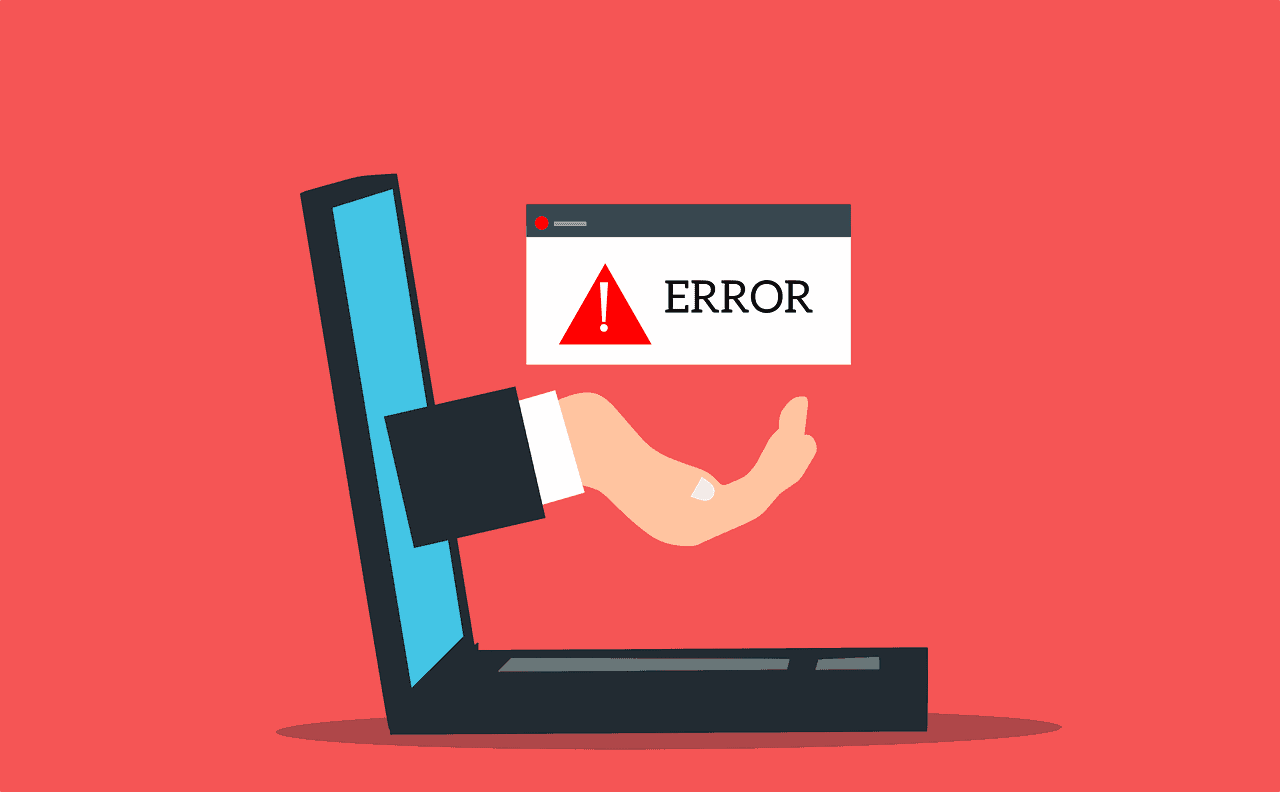-
Second global network outage in a month involving Akamai Tech disrupts international companies’ websites
-
Frequent breakdowns raise concerns about major hosting providers across the world
Another massive outage hit internet services on Thursday, July 22, affecting the websites of major technology companies and international websites, and causing suspension of dozens of popular high-traffic websites such as Amazon, Airbnb, FedEx, and Delta Air Lines.
The websites came back online after a short time, but the outage caused concerns to be expressed all over social media, especially since this was the third such breakdown in two months.
According to the internet-tracking site Down Detector, UPS, USAA, Home Depot, HBO Max, and Costco were among the American sites affected. The sites of British Airways, GoDaddy, Fidelity, Vanguard, and AT&T were also slow to load.
A report in The Washington Post said the leading cause of the latest global internet outage this year was a failure in the infrastructure of Akamai Technologies, a content distribution network and cloud service provider headquartered in Cambridge, Massachusetts, in the United States.
Technical issue resolved
On its website, Akamai Technologies, which works with some of the world’s largest companies and banks, confirmed that it was aware of the problem, and stated that the service was now running properly again.
“We will continue monitoring to ensure the impact is fully mitigated and can confirm that this was not the result of a cyberattack on the Akamai platform,” Akamai spokesperson Timothy Whitman told The Washington Post.
The breakdown was not caused by a cyberattack, according to the company. Instead, the company said updating software configuration caused an issue in the DNS system, which directs browsers to websites.
“As a result of this, some customers were unable to access some websites. The outage lasted about an hour. Services resumed normal operations when [we] rolled back the software configuration update,” the spokesperson said.
Frequent outages
This breakdown occurred less than a month after an outage that disrupted many websites worldwide. Akamai was once again the leading cause of that outage, which impacted internet services in mid-June.
The frequent outages reflect how large the total hosting infrastructure Akamai represents at this point.
A data-routing issue caused the June outage, which affected websites hosted by Akamai, notably Southwest Airlines, United Airlines, Commonwealth Bank of Australia, Westpac, Australia and New Zealand Banking Group, and the Hong Kong Stock Exchange website.
Akamai is well-known for protecting websites from distributed denial of service (DDoS) attacks, in which a website is assaulted with unwanted traffic.
Reduced productivity and losses
Widespread internet outages often create panic and suspicion about cyberattacks, yet DNS and hosting providers are often blamed for technical issues.
These frequent failures raise concerns about the stability of major Internet providers for the economy. They often result in massive problems for companies that rely on these servers, like reducing productivity and causing losses in time-sensitive transactions.
These losses raise the question of whether it is acceptable to concentrate such a considerable amount of corporate infrastructure on the internet in the hands of a few companies, where any breakdown can cause a large crisis.
Overall, these issues highlight the complicated system and connected components that deliver internet services.







